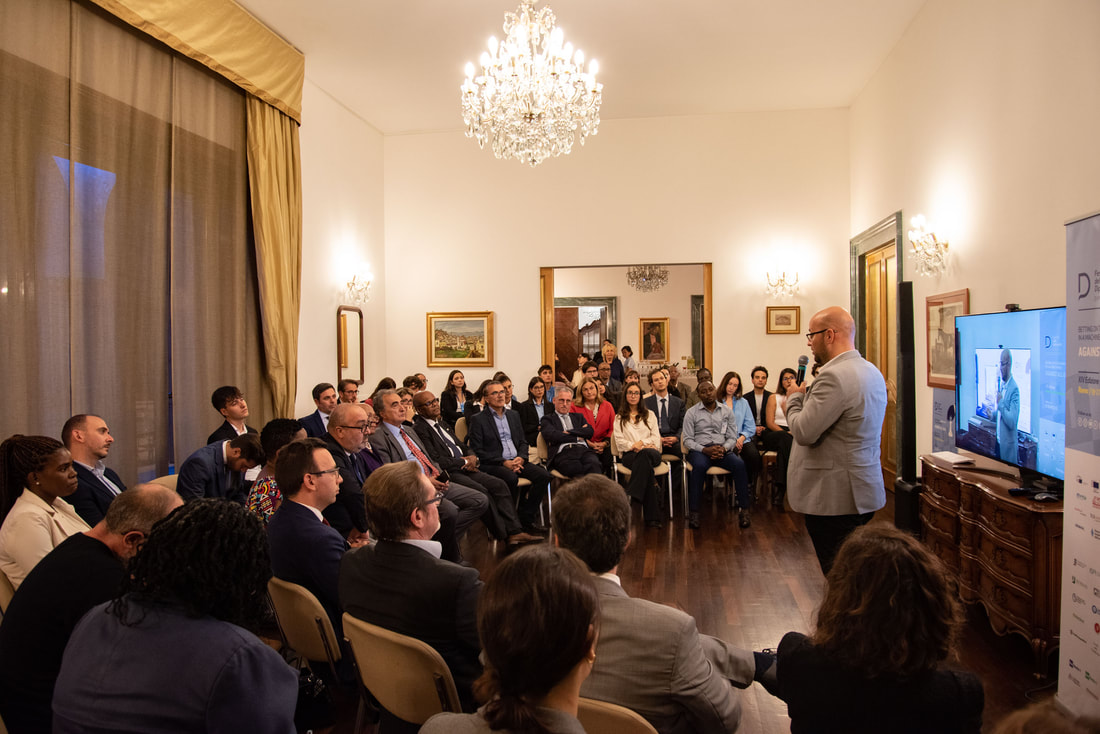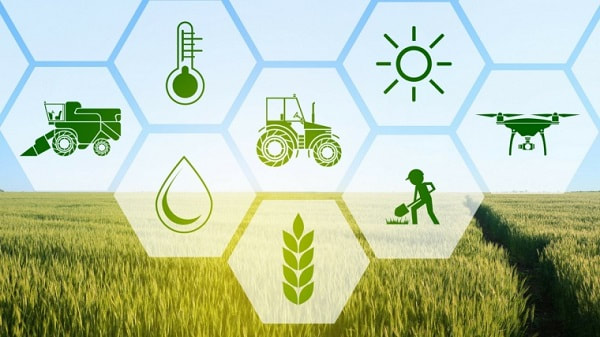African Agriculture
Digital Skills 4.0
19 October
19:00
S.African Ambassador's Residence
Via Barnaba Oriani, 115
Marco Marzano - IFAD
Christopher Ian Brett - World Bank
Nikola Trendov - FAO
The research by Bhorat, Signé, Asmal, Monna Kgotla and Rooney through the Digitalization Gap Index tool which measures the level of delay accumulated overall by the African continent in the telematics sector. This device deserves particular consideration for several reasons: from a sociological point of view, it allows us to appreciate how quickly African communities can transmit information, alter customs by adapting them to technological advancement and interact with the Global Village; from an economic one, it facilitates the examination of the financial implications of new technologies in agriculture and their compatibility with the African market; from a political perspective, it forces Western elites to consider: Africa, however slowly, is modernizing. In agriculture, the digitalisation of the area should be a focus of no small interest: this can only happen with massive investments, the authors warn, in the fields of digital infrastructures and, at an educational level, and to reduce the continent’s chronic disadvantage.
Although the chronic African delay (particularly in agriculture) remains a long-standing problem, Africa is reaching the levels of the G20 countries in various sectors, such as in the diffusion of mobile phones and landline telephones. Countries such as Mauritius, South Africa and Tunisia are, in the aforementioned dimensions, at levels almost similar to the G20. But these exceptions must not justify serious deficiencies in access to the internet or the development of IT skills.
In conclusion, the research apparently confirms the suspicions of a serious African setback: international investments are ripening their first fruits and, although the political situation is considerably unstable and does not ensure the arrival of foreign funds, the peculiarity of Africa must be considered: the potential of the agricultural economy; the immense pool of future workers; the huge deposits of primary resources. If this part of the world is able to fully exploit its potential, guiding and managing its underground economy concentrated in slums in synergy with other countries, at the same time as increasing public education, then it will be able to achieve otherwise better levels of sustainable development.
On invitation
Register your interest in participating
Although the chronic African delay (particularly in agriculture) remains a long-standing problem, Africa is reaching the levels of the G20 countries in various sectors, such as in the diffusion of mobile phones and landline telephones. Countries such as Mauritius, South Africa and Tunisia are, in the aforementioned dimensions, at levels almost similar to the G20. But these exceptions must not justify serious deficiencies in access to the internet or the development of IT skills.
In conclusion, the research apparently confirms the suspicions of a serious African setback: international investments are ripening their first fruits and, although the political situation is considerably unstable and does not ensure the arrival of foreign funds, the peculiarity of Africa must be considered: the potential of the agricultural economy; the immense pool of future workers; the huge deposits of primary resources. If this part of the world is able to fully exploit its potential, guiding and managing its underground economy concentrated in slums in synergy with other countries, at the same time as increasing public education, then it will be able to achieve otherwise better levels of sustainable development.
On invitation
Register your interest in participating



